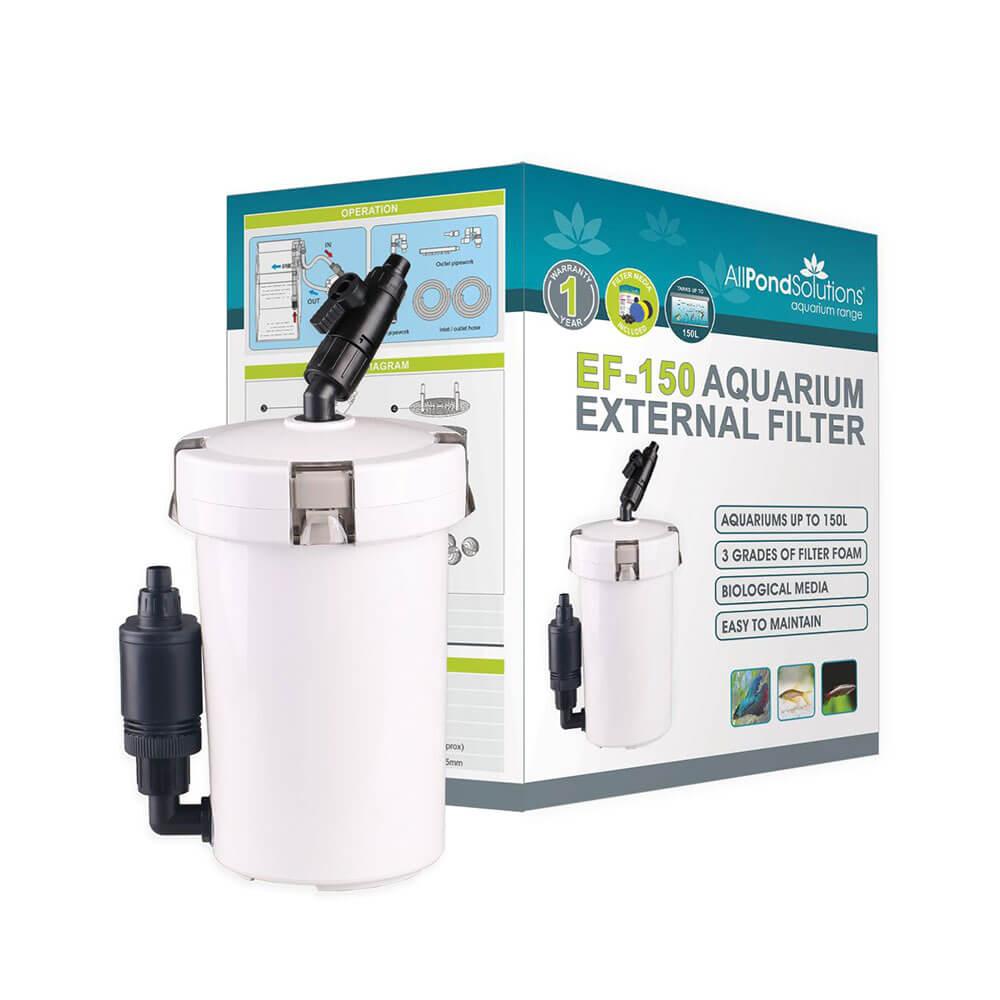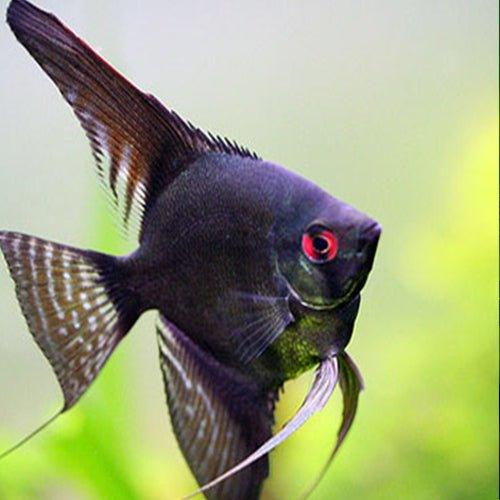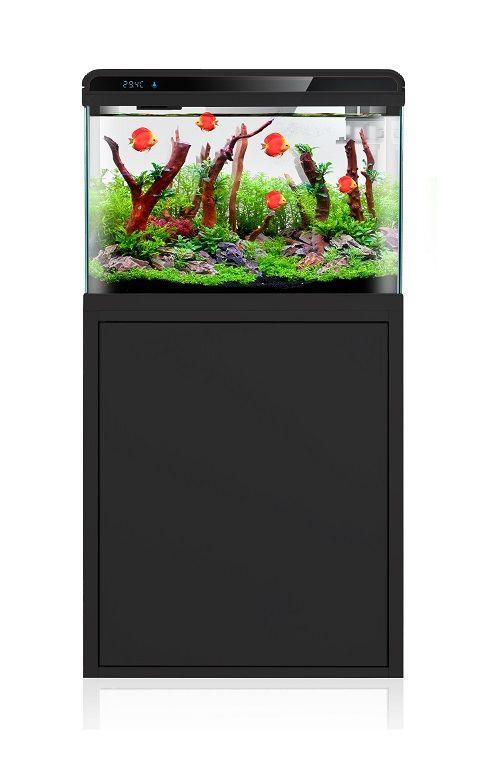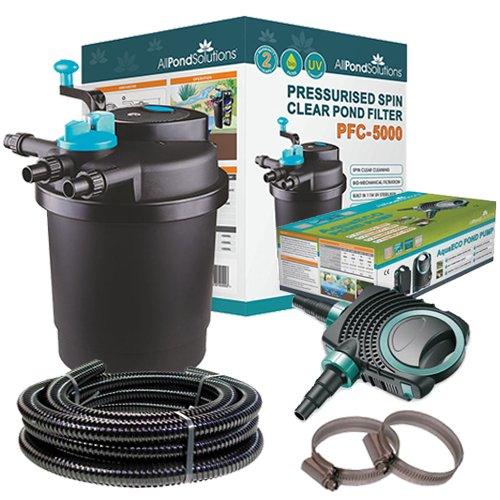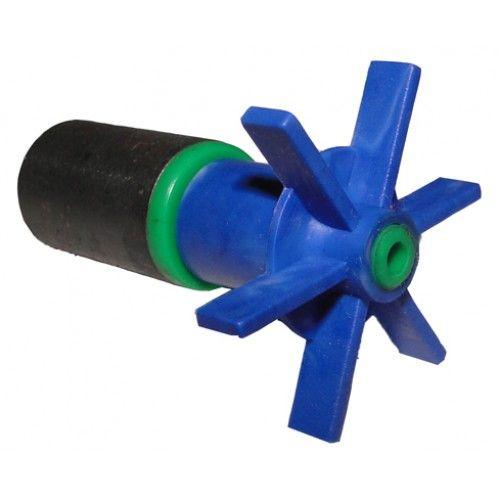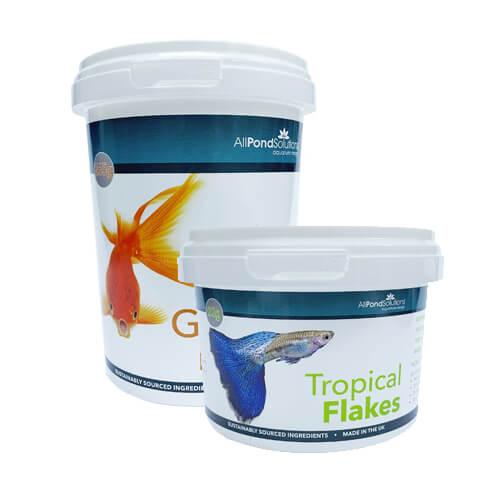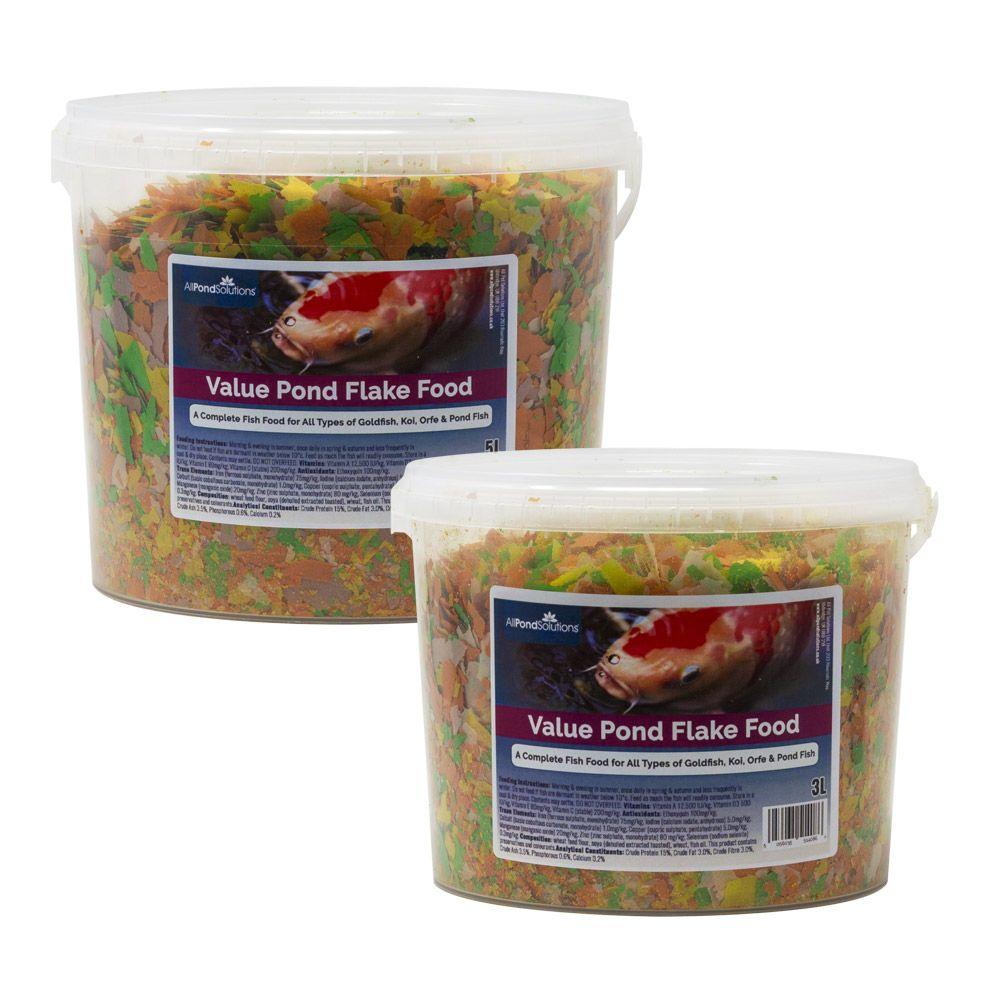Scientific Name: Pterophyllum Scalare
Please note – The image used above is for illustration purposes only; Size, colour and sex may vary. Many of our livestock species are sold as juveniles and have not yet reached their full size and colour potential. If you have any concerns about the size or colour of the livestock you wish to order, please contact our livestock team via our support centre before placing your order. Due to the large quantities of livestock orders daily, the livestock team will are unable to select fish / shrimp to meet specific gender or aesthetic needs.
Approximate purchase size : 3.5 - 5cm
All Pond Solutions will always endeavour to supply as close to the approximate size range as possible. Due to variations from suppliers on rare occasions this may not always be possible. Images used are to show the full potential of the fish when fully mature and are not always representative of juvenile specimens.
Delivery Note:
Livestock delivery charges are not calculated on checkout. Please see delivery here for more information. All Pond Solutions shall call prior to despatch to arrange payment of delivery and to discuss your order.
How easy are they to care for?
We would class Angel Fish as a largely easy fish to keep, it is happy in small groups of its own kind but she be careful around smaller species when fully grown.
How large can they grow?
6" Length and as much as 8" in height
Where in the world are they from?
Largely distriuted amongst the Colombia, Suriname, Guyana, Peru and Brazilliane river systems.
What is the ideal number to keep together?
Will happily live in groups - care must be taken in breeding pairs established however.
What water conditions do they require?
Angel Fish will happily live in most community setups, giving them a pH range of 6.0 - 7.4 and a temperature of 24-28 degrees Celsius.
What should you feed them?
An Omnivorous species, will happily feed on a range of flakes, pellets and sinking foods but should be suplemented with frozen foods.
How compatible are they with other fish?
Generally a peaceful species, but can be known to squabble and nip fins especially when sexually mature. Best kept with larger community fish such as Barbs and Gourami.
Can they be bred in captivity?
Once sexually mature it is not uncommon to find that they will pair off and lay eggs on a smooth surface such as glass, slate or pots.
